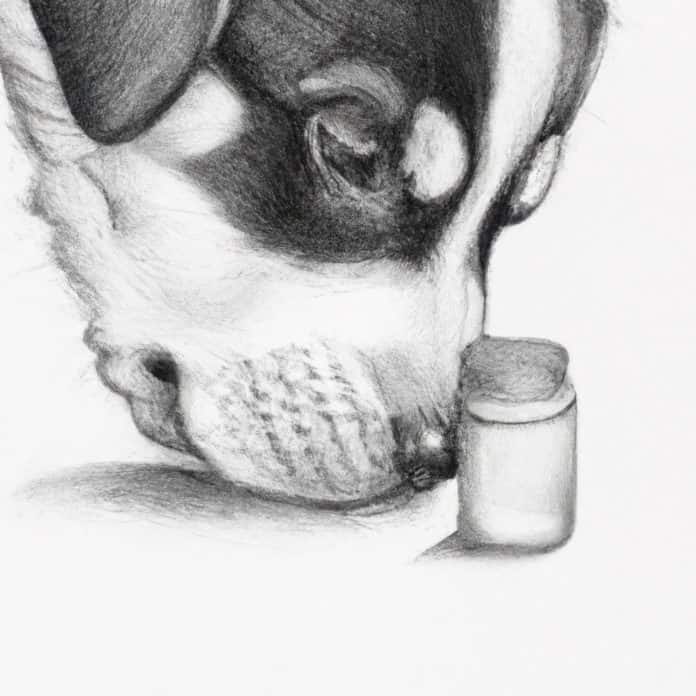Dear VetBabble: What to Do If My Puppy Ingests Vitamin D3?
Dear Pet-lovers, We’ve received a heartfelt question from a pet parent with a concerning scenario: “My puppy ate my Vitamin D3 1000mg. He is 5 months old & weighs 27 lbs what do I do?” Naturally, it’s a situation that would send any pet owner into a panic, and rightly so. Therefore, we’ll use this opportunity to walk you through the steps of what to do when your pet accidentally ingests something, focusing on Vitamin D3 for the moment, but also providing advice that can be generally applied.
Immediate Steps to Take
If your pet has consumed something potentially harmful, such as Vitamin D3, it’s crucial that you act quickly. Induce vomiting if possible, but only do so safely. You can use a capful of hydrogen peroxide for this purpose. However, it’s vital that you do this only right after the ingestion has taken place. Once you’ve induced vomiting, start heading towards your vet’s office. To know more about how to handle these kinds of situations, take a look at our article here, which guides you through what to do when your dog eats something it shouldn’t.
Responding to Specific Ingestions
Different substances require different responses. For example, ingestion of chocolate, a commonly known toxin for dogs, would necessitate immediate medical attention. Learn more about the danger levels of chocolate intoxication in dogs here.
Vitamin D3, as in our reader’s question, can be toxic for dogs in large amounts. Therefore, you should seek swift veterinary attention if this happens. Your vet may perform a series of diagnostic tests, and treatment usually involves induced vomiting, bowel movement monitoring, activated charcoal administration, intravenous fluids, and close inpatient monitoring.
Prevention and First Aid Basics
The best way to avoid these stressful situations is, of course, prevention. Keep harmful substances out of your pet’s reach and educate yourself about common household items that could pose a threat.
However, accidents do happen, and it’s essential to know some basic first aid for dogs. Having a first aid kit and knowing how to use it can be a real lifesaver in these situations. For a comprehensive overview on basic first aid for dogs, be sure to read our article here. Also, familiarise yourself with signs of distress that could illustrate issues like vomiting, so you’re able to identify when something’s wrong. We provide more insights here on the causes, treatment, and when to worry about your dog vomiting.
Above all, the most crucial part of dealing with accidents like these is staying calm and reaching out to your vet as soon as something happens. The faster your fur-baby gets professional help, the better their chances are.
Stay informed, stay prepared, and your pet, whether a mischievous pup or a curious kitten, will be in very safe hands. With love, VetBabble









